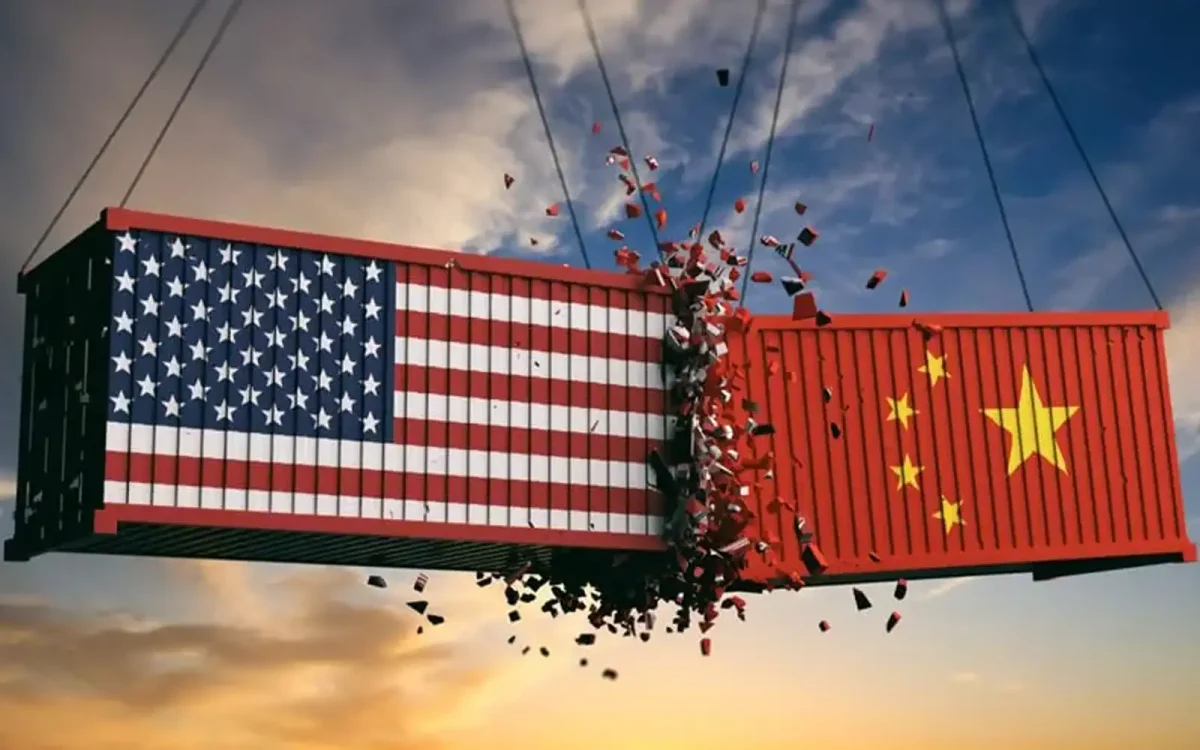Tariffs on Chinese goods – Tariffs have been a part of Trump’s economic plan, and he believes that “[they] are going to help America and the American people to get richer…tariffs are a useful tool to get other countries to do exactly what we want.” The question is, can he actually win the war he’s starting? Will his tariff-heavy strategy work and give America the economic benefits promised?
AP news stated that in February, President Trump aggravated the trade war and imposed a 20% tariff on Chinese imports. In response, China retaliated with a 15% tariff on US farm exports and expanded restrictions on US companies.
Trump’s aim is to reduce America’s trade deficit and push companies to move manufacturing back to America by utilizing high tariffs on Chinese goods. According to the BBC, “The US imports far more goods from China than exports, which Trump sees as a big deficit and wants to do something about it because it appears that China is winning and the US is losing.” Tariffs raise prices for American consumers and businesses that rely on Chinese imports. Some US industries might benefit from it like steel, aluminum and other metals, but others might suffer, such as technology, retail and agriculture.
Currently, China dominates the global supply chains, and for the past 40 years, China’s economy has grown four times faster than the US on average. China also used counter tariffs, cutting back on purchases of US agriculture products and increasing trade with other countries. China also reduced dependence on the US economy and started investing in technology and manufacturing in their own country.
If Trump continues to instigate the trade war, China could retaliate. China could move their trade more in Europe reducing US influence. Could Trump’s policies pressure China? Yes and no. In recent years, China has seen domestic debt issues. As reported by the US-China Business Council, “China is the largest foreign debt holder with $1.2 trillion.” Because of this, China could be pressured. If Trump’s policies successfully pressure China to make trade concessions, America could benefit, especially in industries like manufacturing, agriculture and technology. A trade deal favorable to the US could lead to more jobs in several sectors and will have a huge impact on the US economy.
But what is winning a trade war and how would you define winning it? Trump’s goal is to reduce America’s reliance on Chinese goods, and tariffs might help him to quicken that process. However, a full-scale trade war could slow global growth, increase inflation and create economic uncertainty. Trump winning this trade war depends on whether he can get China to reduce unfair trade practices and lower tariffs on US goods, or buy more American products. Usually, trade wars aren’t a clear “victory,” but a compromise and new economic realities.







